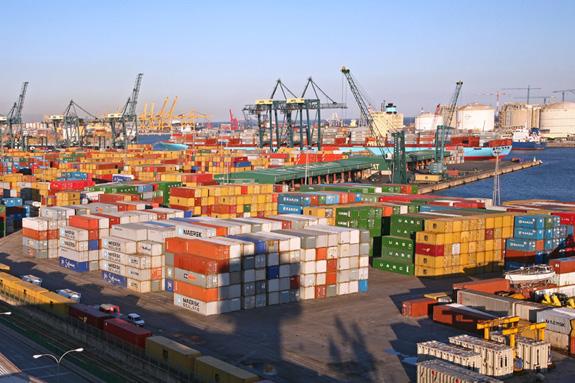The year 2023 has witnessed a 3% increase in maritime trade, reaching a volume of 12.4 billion tons. Clarksons Research has identified this growth as the most significant since 2017, largely attributed to shifts in Russian oil flows. This has resulted in a 7% increase in ton-miles for crude oil transport and a 10% increase in petroleum products.
Tankers have had a successful year, with average daily earnings sustained at $40,775. This surge has been influenced by the redistribution of Russian oil, with a notable 80% increase in daily earnings of Very Large Crude Carriers (VLCC), reaching $43,206, due to growing Chinese import demands and increased Atlantic exports.
On the other hand, earnings for methane carriers have seen a decrease compared to the previous year, yet remain high. The market for DFDE ships of 160,000 m3 has registered an average daily earning of $97,077, exceeding the last decade’s average by 34%. An increase in the methane carrier fleet is expected in the coming years, anticipating growth in liquefaction capacity between 2025 and 2027.
The bulk carrier sector has witnessed a 40% decrease in average annual earnings, falling to $12,371 per day, due to fleet expansion offsetting an increase in demand. Container rates have also significantly fallen, with an average annual decrease of 71% in rates and 68% in time charter freights.
The car carrier market has remained at record levels, driven by an increase in Chinese exports, particularly of electric vehicles. Since 2019, maritime automobile trade in ceu-miles has increased by 19%, despite a 1% growth in fleet capacity.
Clarksons also reports that the global fleet grew by 3% in 2023, reaching 2.3 billion dwt. The tanker and container fleets have increased by 1.9% and 8% respectively. The average age of the global fleet is 12.6 years, with about 31% of the global tonnage rated D or E in the Carbon Intensity Indicator (CII).
Shipbuilding has seen a 10% annual increase, led by China. The order book represents 12% of the total fleet, with a notable increase in tanker orders. The ship buying and selling market has been robust, with price increases for tankers and bulk carriers of around 15%.
Steve Gordon, Global Director of Clarksons Research, commented that although the Clarksea freight index has dropped over the past year, it remains 33% above the trend of the last decade. Gordon highlights that 2023 has been a positive year for several sectors of the maritime transport industry, thanks to the revival in maritime trade, the increase in new constructions, and improvements in the ship trading market.


